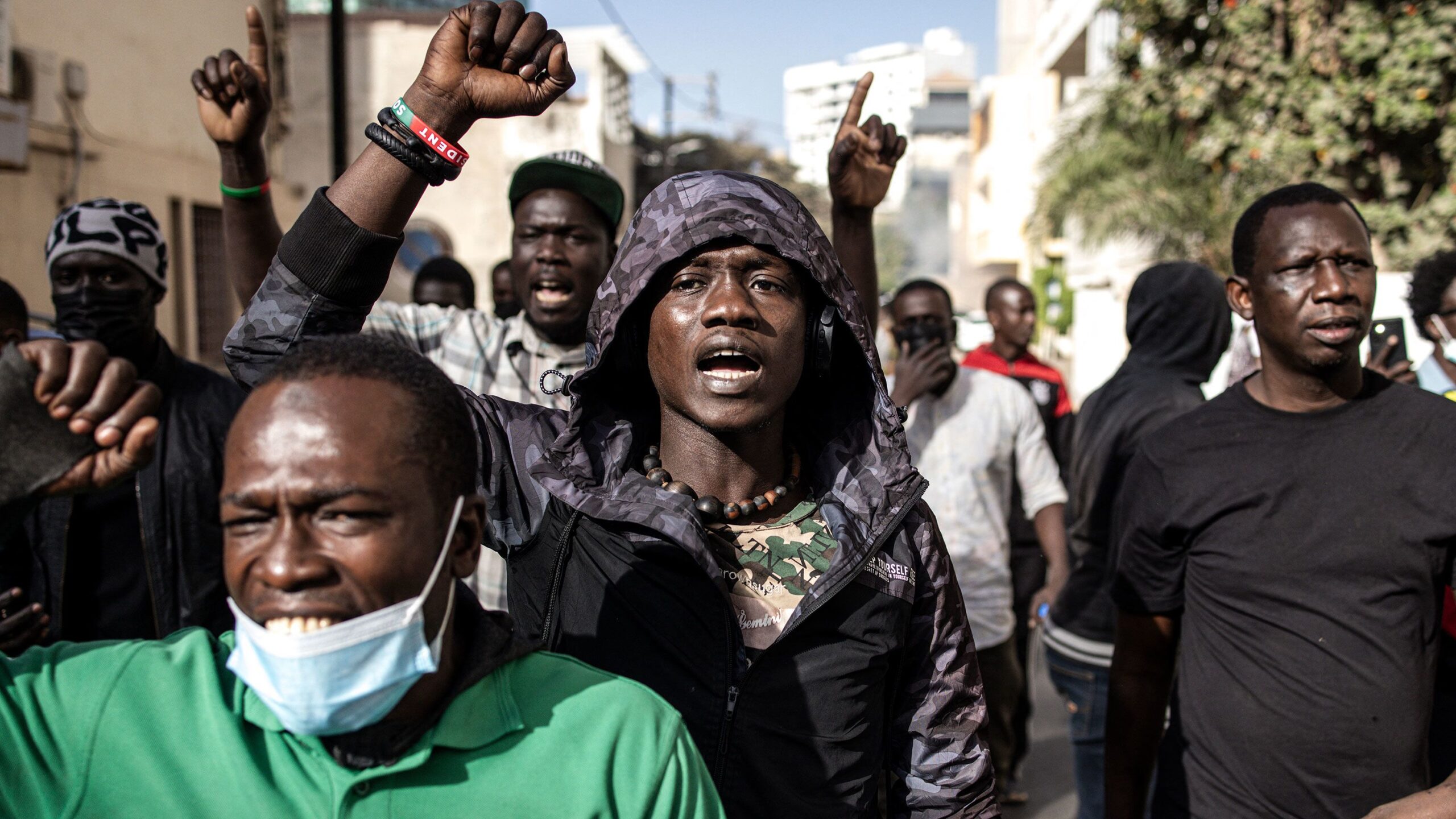Senegal’s opposition walks out of pre-election talks amid rising political tensions

Senegal's opposition walks out of pre-election talks amid rising political tensions
With Senegal’s snap legislative elections approaching, the country’s political landscape has been thrown into disarray as opposition groups abruptly exited crucial talks regarding the electoral process.
The move comes just weeks before the anticipated November 17 election, raising concerns about the stability of Senegal’s democracy and the legitimacy of the upcoming vote.
The opposition, united under the Alliance for Electoral Transparency (Atel), left the meeting in protest, citing frustrations over what they described as a lack of genuine consultation on key decisions, including the election timeline and seat distribution.
Their withdrawal marks a critical moment in the lead-up to one of the country’s most important political events.
Talks Collapse Over Lack of Transparency
Saturday’s meeting, convened by Interior Minister Jean-Baptiste Tine, was intended to facilitate a broad dialogue on the electoral process, with over 120 political parties in attendance.
However, tensions quickly surfaced. Mere minutes into the discussions, Atel, representing around 100 opposition parties and movements, walked out, accusing the government of sidelining them in crucial decision-making.
“They set dates and made decisions, then called us for a so-called consultation,” said Oumar Sarr, Atel’s spokesperson.
Sarr criticized the government for acting unilaterally, warning of a “political trap” designed to weaken opposition chances in the election.
Atel has called for the cancellation of several measures it claims were imposed without proper dialogue, stoking fears of an electoral process skewed in favor of the ruling coalition.
Government Stands Firm
Interior Minister Tine, backed by the presidential coalition, dismissed the opposition’s grievances as premeditated theatrics.
“Asking a minister to overturn a presidential decree is pure childishness,” he said, asserting that the democratic process would proceed as scheduled despite the opposition’s actions.
The walkout has raised significant concerns about the potential fallout from a fractured political process.
Without Atel’s participation, the elections risk losing legitimacy, possibly leading to increased political instability.
Observers fear the possibility of a widespread boycott or even disruptions that could tarnish Senegal’s image as a beacon of democracy in West Africa.
Fears of a Rigged Electoral Game
The stakes of the November 17 election extend beyond the composition of Senegal’s parliament, with the vote set to determine the balance of power in the country’s political landscape.
Atel, representing a diverse and powerful opposition, poses a formidable challenge to the ruling party.
However, the breakdown in communication and hardening of positions could escalate into a deeper political confrontation, undermining Senegal’s reputation as a stable democracy.
Uncertain Path Forward
With the government calling for a return to the negotiating table, both sides remain entrenched in their positions. Whether Atel will reverse its decision and rejoin the electoral process remains uncertain.
For now, all eyes are on the political leadership as the country waits to see whether a resolution can be found before the situation spirals into a major political crisis.
Senegal, long praised for its democratic values, now faces the critical test of safeguarding its electoral integrity amid growing discord.
About The Author
dailymailafric
I am an avid African news observer, and an active member of Daily Mail Africa.
I’m Passionate about staying informed on diverse topics across the continent,
I actively contribute to publishing on political, economic and cultural developments in Africa.



